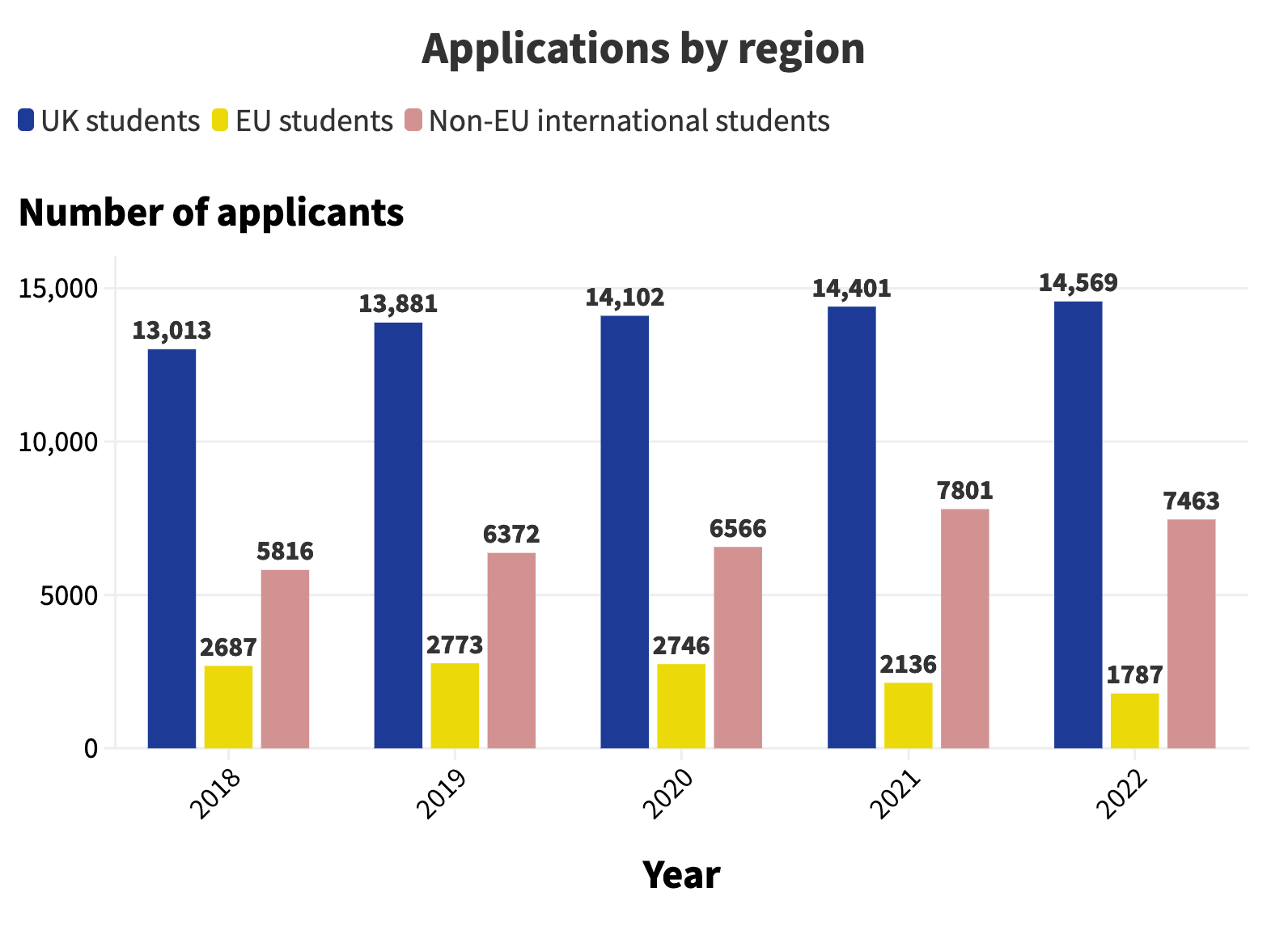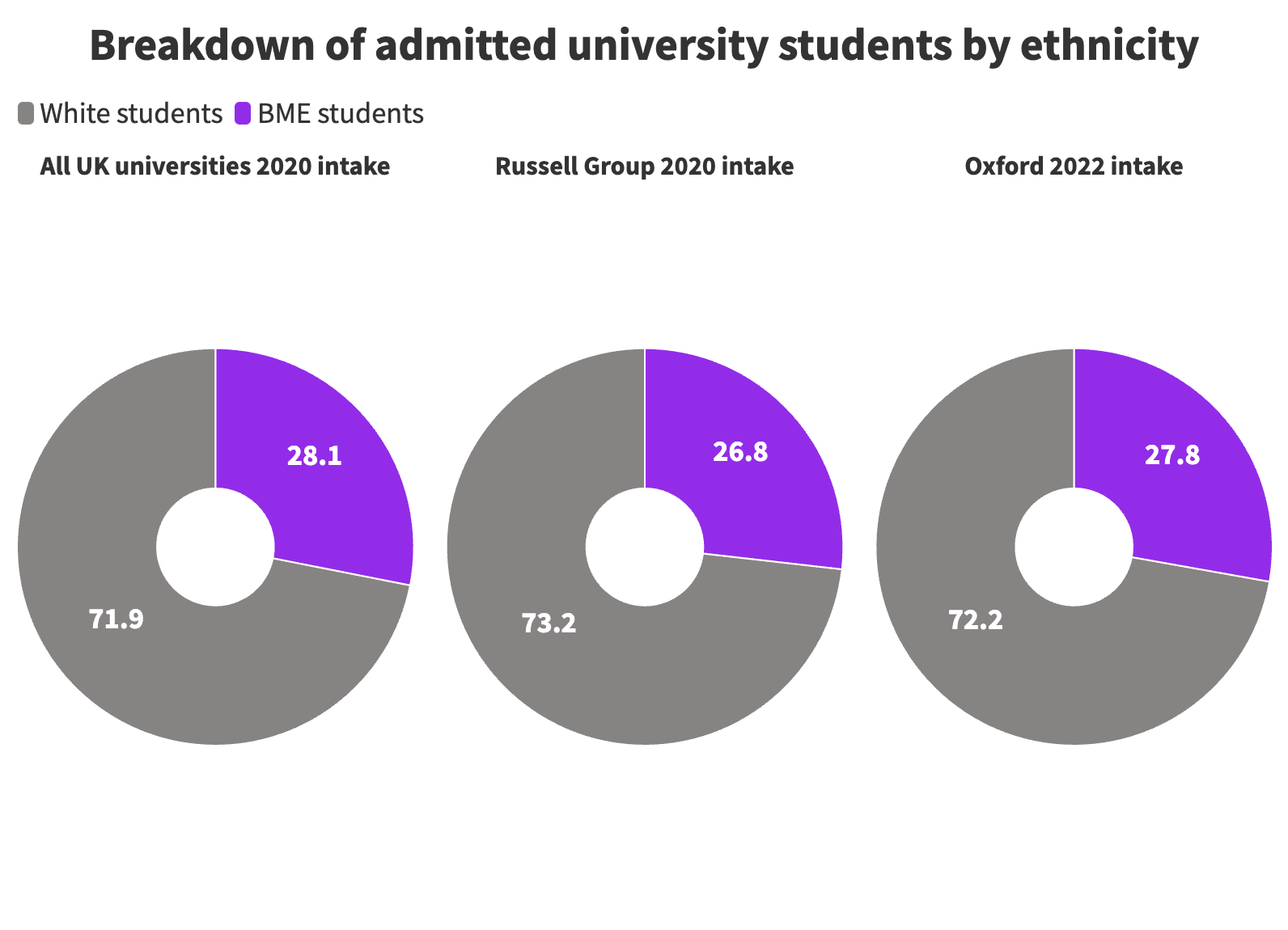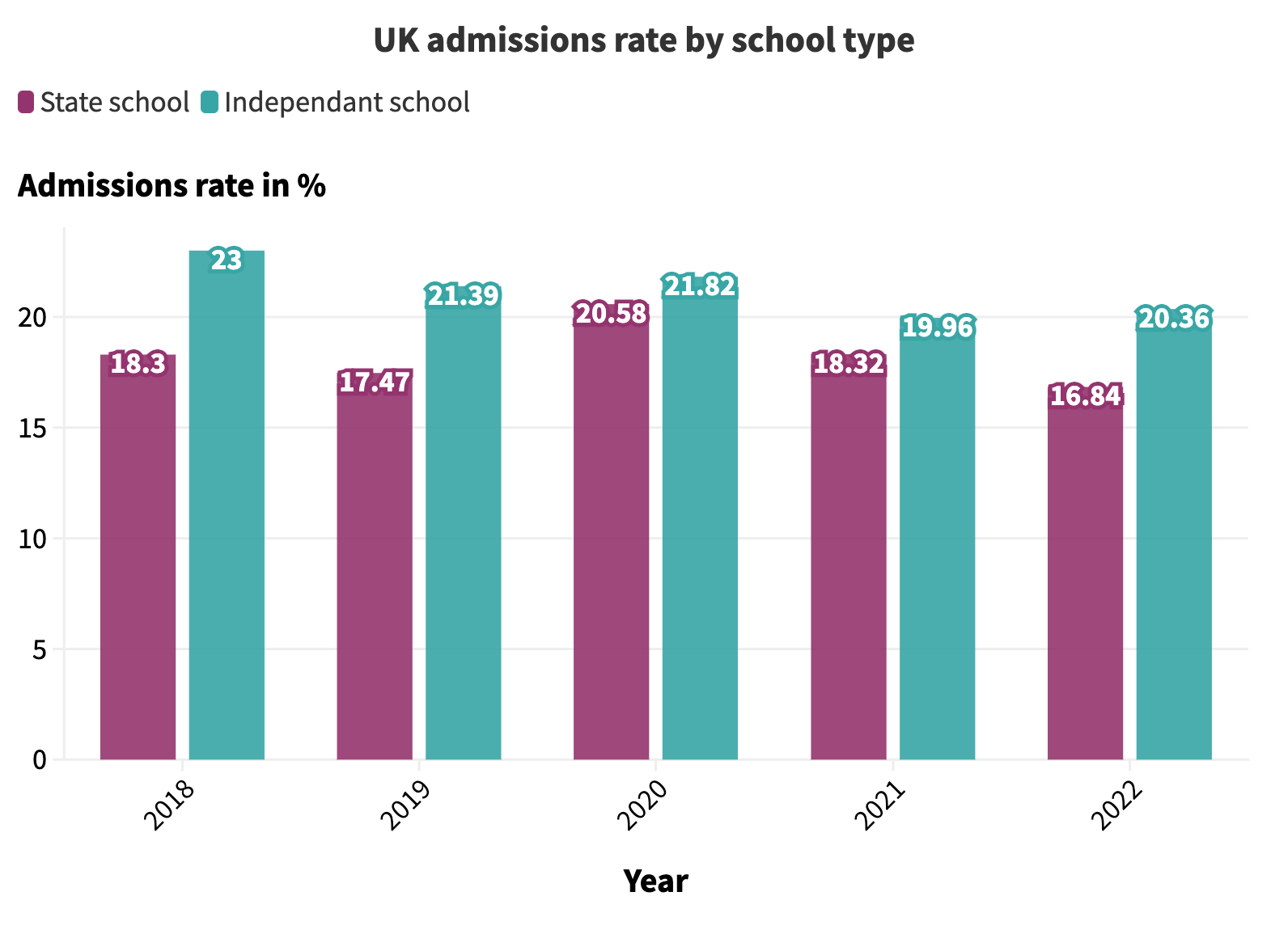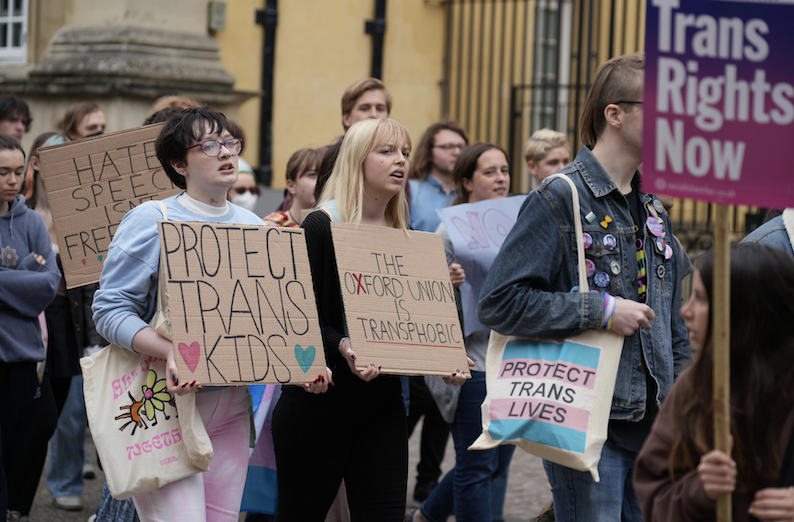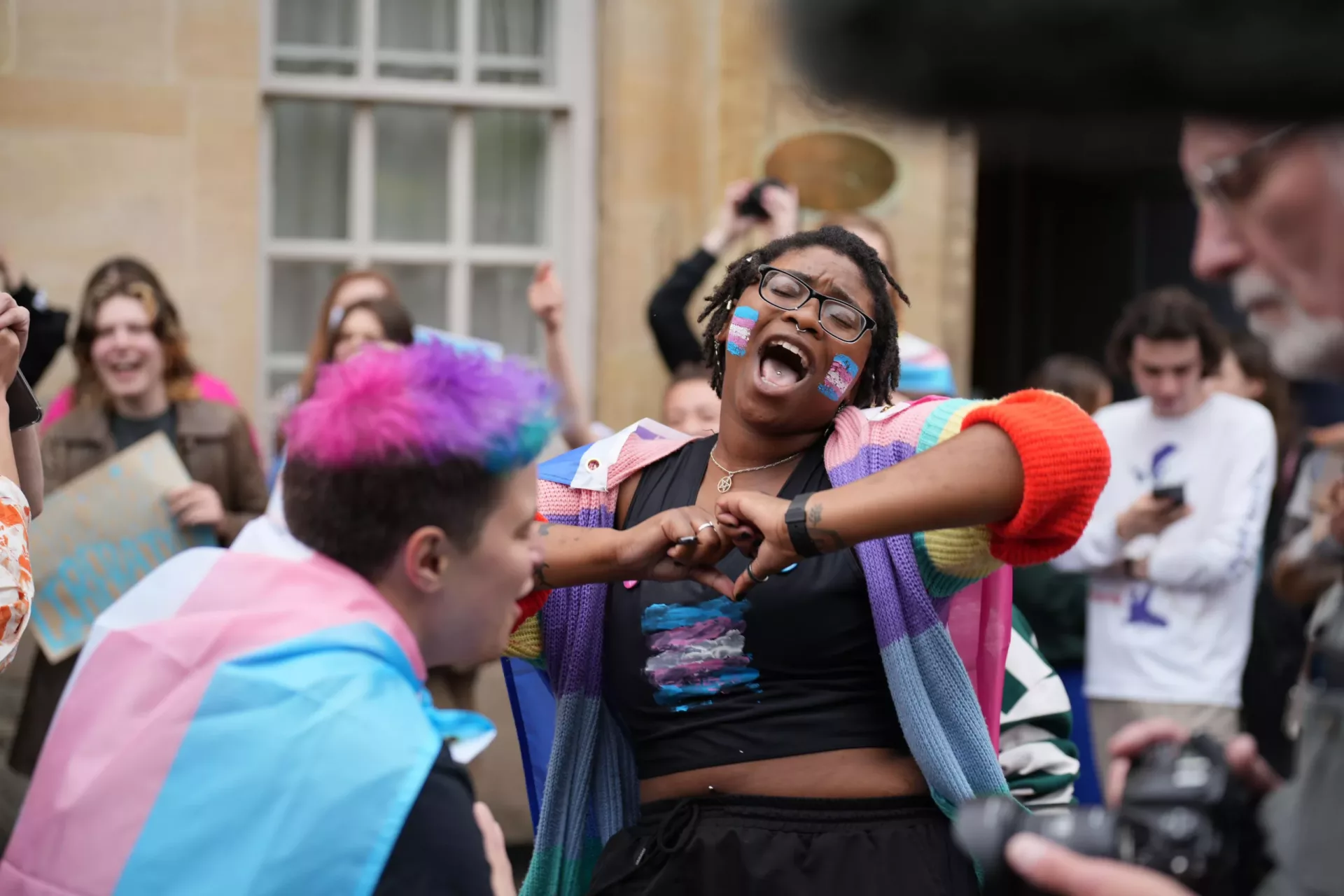Sir Derek Jacobi is acting royalty, one of the most distinguished actors of our time.
His career began as a founding member of the National Theatre with Laurence Olivier. Sir Derek is famous for his roles in Shakespeare’s plays including Hamlet, Much Ado About Nothing, Macbeth, Twelfth Night, The Tempest, King Lear and Romeo and Juliet. He has starred on our television screens for half a century – I, Claudius, The Tenth Man, Frasier, Cadfael, The Gathering Storm, Vicious, Last Tango in Halifax and The Crown. His film credits include Othello, The Day of the Jackal, Henry V, Dead Again, Hamlet, Gladiator, Nanny McPhee, The Riddle, My Week with Marilyn, Anonymous, Cinderella and Murder on the Orient Express.
Sir Derek has received many awards, including a BAFTA, two Oliviers, two Primetime Emmies, two Screen Actors Guild Awards, and a Tony. He was knighted in Denmark in 1989 and in the UK in 1994.
I started by asking Sir Derek which of his many iconic roles was the most challenging?
“They’re all very challenging. Every time you are cast, the heart leaps and then sinks to your boots because you think I’ll never make it. Lear. Hamlet. The big Shakespeare roles are very daunting when you’re starting them. To learn them, to get inside them and then to try and communicate them.”
My next question was whether Sir Derek approaches acting differently in theatre and film?
“Yes, because of the technical side in the theatre, one of the most important things an actor has is his voice. That doesn’t really count when you’ve got a microphone and camera there – film is more enclosed and much more inner. The big trick of theatre and the big satisfaction of theatre is that you have to get all that which you see on the screen and put it out there and make it real.”
Does he prefer one over the other?
“I did have a preference for theatre but now my preference is for camera. It’s easier and they pay more. You couldn’t make a fortune in the theatre.”
Does he enjoy the theatre?
“Yes, because you’re sharing it. Hopefully to a large audience, anything up to 2000 people. There are people sitting many, many yards away from you and above you and really close to you and you’ve got to make everybody’s evening.”
Which is his favourite role in Shakespeare.
“Hamlet. I’ve done it so many times. I mean nearly 500 times. In many places, in many countries, including his hometown Elsinore, in Denmark – so he is favourite and I first played him at school.”
Was Hamlet his first play?
“No, I went to the local grammar school. My first part was drag. The boys had to play the girls. If you were young and pretty, you’ve got the girls’ parts. Hamlet was my first male role in fact!”
What draws him to Shakespeare’s works?
“The best parts, the best language, often the best costumes, the best plots. Also they test you. They really do test an actor – your movement, everything, everything that makes an actor.”
Sir Derek been a vocal advocate for LGBTQ+ rights and issues. How has the entertainment industry changed in terms of representation and inclusion, and what do you think still needs to be done?
“Oh, a lot needs to be done. The theatre has always been very open to anything transgender, certainly. When I was a child and you went to pantomime, the principal boy and the leading other boy were always girls. It wasn’t considered unusual in fact. And it wasn’t considered in any way camp or gay. Gay has always worried me. The word gay when I was growing up meant happy. The first thing I discovered when I realised that I was gay was that I wasn’t very happy. But I’m glad that now at least people can talk about it. That awful judgement has gone. Mostly gone, which is good.”
He has also done voice acting for animated films and TV shows. How does Sir Derek’s approach to voice acting differ from live-action acting?
“That’s the best. You don’t have to worry about makeup or clothes or anything, turn up however you like. It’s all in the voice, all in the words. You can either animate to a cartoon where they can see a character and your voice is coming out as that character, or you read a book and you become all the characters in the book but they didn’t see anything – what they see is in their imagination, which is helped hopefully by your voice.”
Which of his many awards is he the most proud of?
“I think the one that I won last week – the Olivier Lifetime Achievement Award. It was a lovely finish to a life in the theatre.”
He has played historical figures and fictional characters. Does he approach each type of role differently, and how do you prepare for a role when the character is based on a real person?
“Basically, you learn the lines. You put your frock on. You put your makeup on. You get on there and you do it. To get all arsey-farcy about it, it’s not for me anyway. It’s not my approach.”
But he did it for Hitler?
“When you play someone like Hitler it was actually quite easy – you put that on (the moustache), you do that with your hair, you do a bit of that (the Nazi salute) – its such a caricature – of all the things I have ever done, that was the biggest, in a sense easiest caricature because when I met the director and I was casted – you know I said, “There is nothing Hitler about me, I mean nothing?” Vocally he was interesting, and I am very interested in voice, so that was OK, for the rest it was caricature. It was a silly face.”
So he didn’t have to do major background research for it?
“Not really. The very first scene I did was a speech to 1,000 people which was very interesting because they put me in an office for two weeks watching videos of him. He did a speech in Nuremberg, and he stood up very tentatively and covered his crotch with his hand, he pulled the table, and he hadn’t said a word – thousands of people. He cleared his throat, pulled it (the table) a bit more towards him, coughed again and started speaking. Hardly anybody could hear him. You could see the audience all went forward to hear what he said. By the end of two hours he was ranting and screaming – it was an extraordinary performance. He was an actor.”
Who is his favourite actor or director that he’s worked with?
“Well, I suppose one of the favourites, actor and director was (Laurence) Olivier, who was aware of actors’ problems, actors’ weaknesses, actors’ fears, actors’ terrors. Because he was one of us. He was wonderful. I think he was best. Sometimes you end up saying to yourself, I’ve got to please him otherwise he will shout at me; but Olivier coaxed. And always at the end, he gave you the confidence that ultimately, you could do it. He trusted you to get that, trusted you to do it. And that was wonderful. Oh and Ken!”
Kenneth Branagh.
“He has an actor’s instinct; he knows how fragile most actors are.”
What would Sir Derek say about his career?
“I’ve been the luckiest actor who will ever be. In my own view, I am the luckiest actor.
I have never had to ask. It’s always been given. I’ve had opportunity after opportunity. I’ve been in the right place at the right time. I’ve never had to hustle. I feel very humbled about that because I know a lot of actors who don’t have that kind of journey, and I’ve had it for a long time.”
But he seized the opportunities when they came?
“Yes, I’ve seized the opportunities and by doing so, I’ve grown as an actor. I’ve learned as an actor. I’ve expanded as an actor. But that is, again, a great gift that somebody blessed me with.”
What advice would Sir Derek give to aspiring actors, and what is the key to a successful acting career?
“Don’t do it if you want to do it, do it if you have to do it. You’ll need courage. You’ll need resolution. You’ll need strength. You’ll need a good memory. If you get the opportunity, for goodness sake, enjoy it. Never rubbish it. Never run it down – because you are blessed. Not only you have the talent, but you are given the opportunity not to only show that talent but to improve it. That’s usually in the gift of someone else – the ones who are dishing out the job.
The theatre is so exciting. Really, really exciting. Terrifying. You stand in the wings on the first night of Hamlet. You’ve got three and a half hours of that – that’s frightening and if you ain’t frightened, you ain’t no good!”



